Who’s who in the Biden administration
Joe Biden’s team will include Obama veterans, longtime aides and allies, as well as women and people of colour.
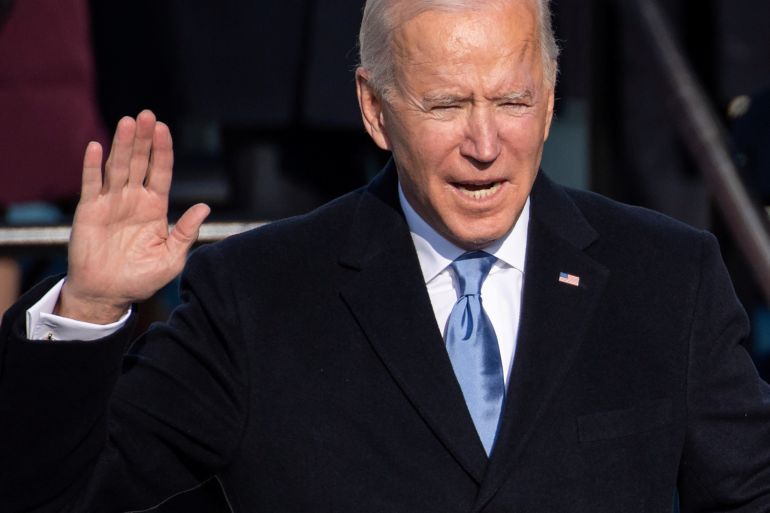
The administration of newly sworn-in President Joe Biden is taking shape – a team that will be tasked with putting into motion his agenda and vision for the nation.
So far, Biden has named several people to key positions on his White House staff and his Cabinet, as well as other positions in his administration. Some of his nominations have yet to be confirmed by the Senate, but here’s what we know so far:
Keep reading
list of 3 itemsJoe Biden’s inauguration day: What you need to know
World reacts as Joe Biden inaugurated as US president
Kamala Harris: Vice President
Vice President Kamala Harris holds the second-highest elected office in the United States. The daughter of Indian and Jamaican immigrants, she is the first woman and person of colour to become vice president. She takes office four years after becoming a US senator from California. Previously, she served as that state’s attorney general and a district attorney in San Francisco.
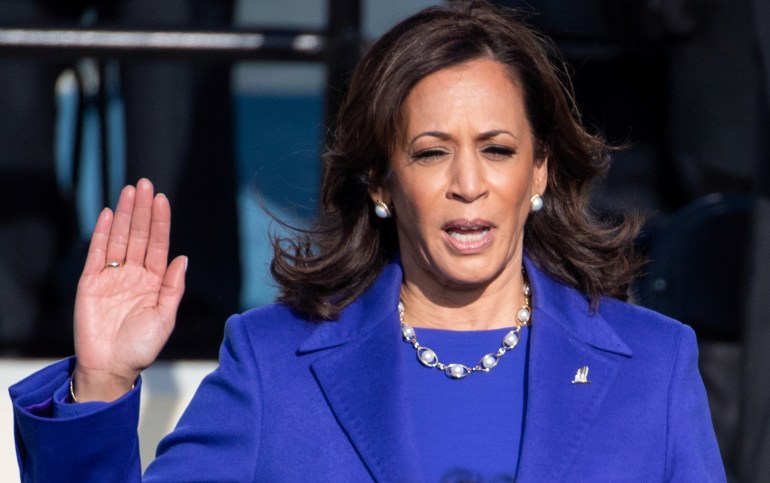
Antony Blinken: Secretary of State
A Biden confident with extensive foreign policy experience, Blinken has been sworn in for the nation’s top diplomat position. He previously served under the Bill Clinton administration in the State Department and was deputy secretary of state under President Barack Obama. During his confirmation hearing on January 19, he blasted the Trump administration and pledged to repair damage done to the US’s image abroad during the past four years.
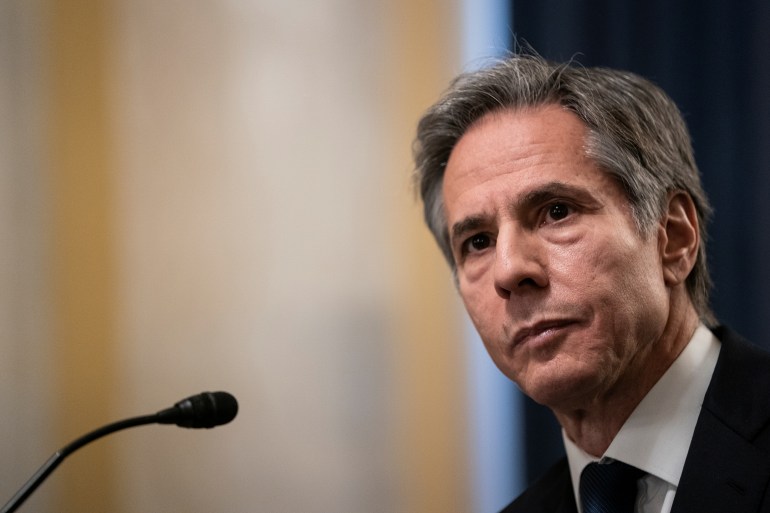
Ron Klain: Chief of Staff
Klain is a longtime Biden aide who previously worked as his chief of staff when he was vice president. In 2014, he was appointed as Ebola czar under the Obama administration, and is expected to have a prominent role in the Biden administration’s effort to tackle the coronavirus pandemic.
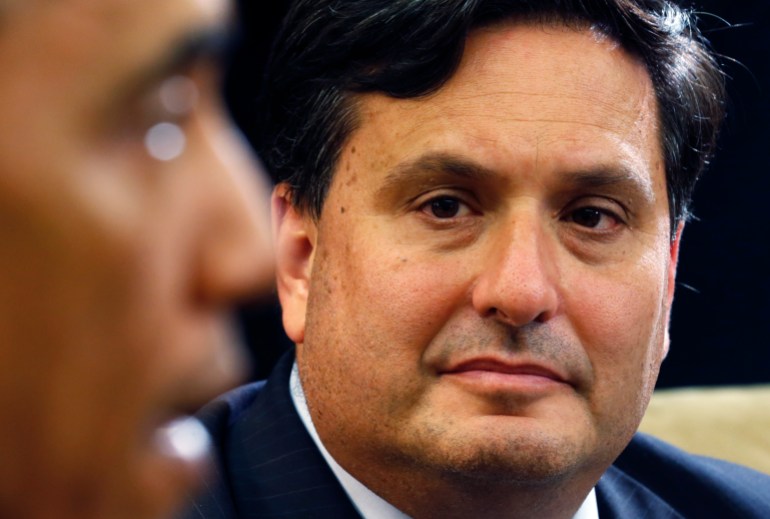
Janet Yellen: Treasury Secretary
Yellen won overwhelming Senate approval and became the nation’s first woman to serve as treasury secretary. She previously served as chair of the Federal Reserve. During her confirmation hearing on January 19, she laid out an ambitious economic vision for the country that includes acting aggressively to reduce economic inequality, higher taxes for the wealthy, fighting climate change and tackling the coronavirus pandemic.

Lloyd Austin: Secretary of Defense
A retired Army general who previously was head of US forces in Iraq under Obama, Austin is the US’s first Black secretary of defense. He retired in 2016 and needed a waiver from both the Congress and the Senate to take the post – hurdles he handily cleared. During his confirmation hearing, he said he supports civilian control of the military and ending the war in Afghanistan.
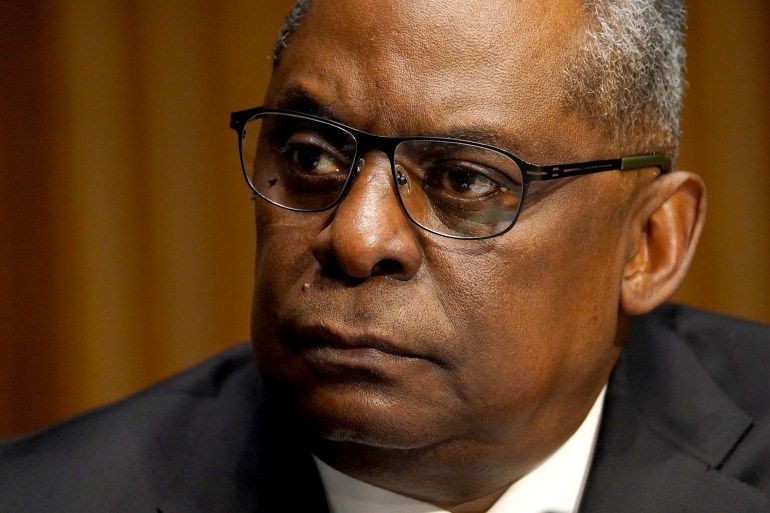
Alejandro Mayorkas: Secretary of Homeland Security
Mayorkas served as deputy secretary at the Department of Homeland Security under the Obama administration, where he led the implementation of DACA – the programme that gave protected status to migrants brought to the US as children. More recently, he pledged to confront domestic extremism following the January 6 riot at the US Capitol. If confirmed, Mayorkas who was born in Cuba, would become the first Latino and immigrant to head the department.
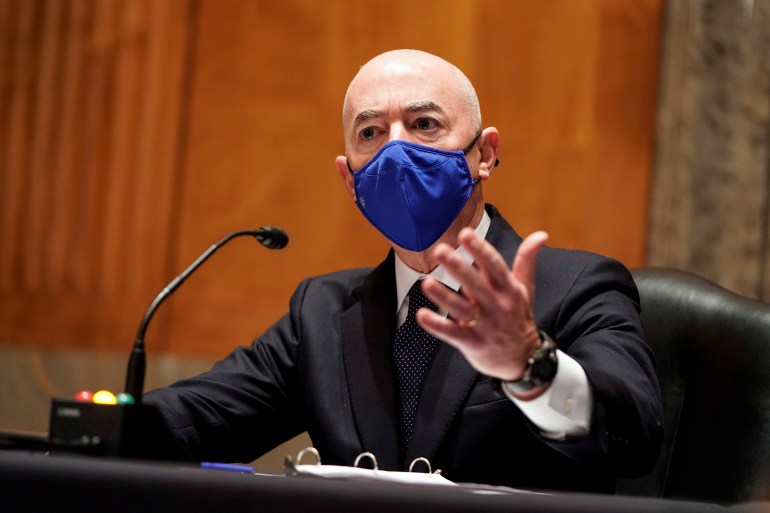
Xavier Becerra: Secretary of Health and Human Services
In a critical role charged with shaping the nation’s COVID-19 response, Biden named Becerra, a veteran congressman who represented downtown Los Angeles for 24 years. He notably played a key role in the passing of Obamacare in Congress. Since 2017, he has been serving as California attorney general, and if confirmed would be the first Latino to hold this position.
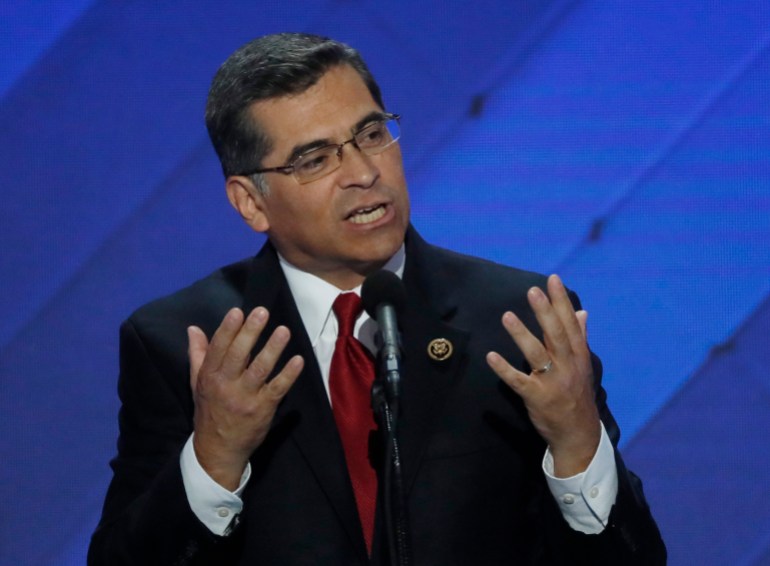
John Kerry: US Special Climate Envoy
Former Secretary of State John Kerry will act as a Cabinet-level “climate czar” in the Biden administration. It is a newly created position that will help guide the country’s climate diplomacy. He is expected to take on a sharply different policy towards climate change than the Trump administration. The US has already taken steps to rejoin the Paris climate agreement.
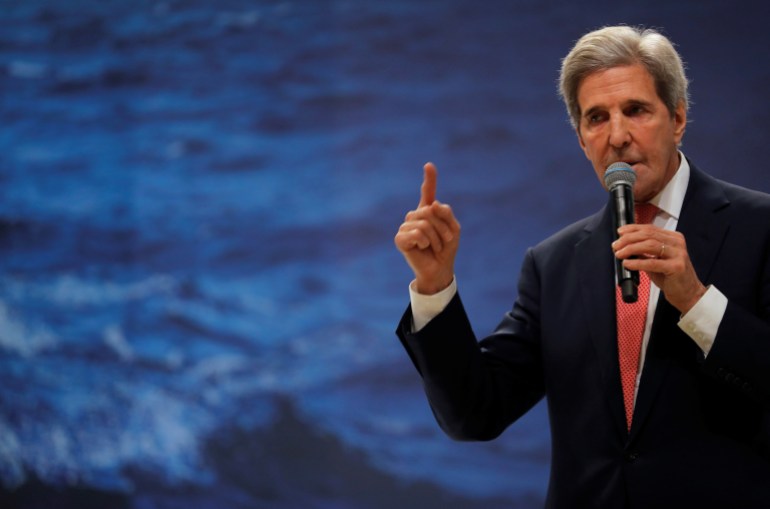
Jen Psaki: White House Press Secretary
Psaki addressed journalists for the first time in her new role on January 20, promising to bring “truth and transparency” to her dealings with the media and take as many questions as possible. The Trump administration was often accused of being combative towards journalists who criticised the administration and even called some media outlets “the enemies of the people”. Psaki previously served as the spokesperson for the State Department and as a deputy White House press secretary under Obama.
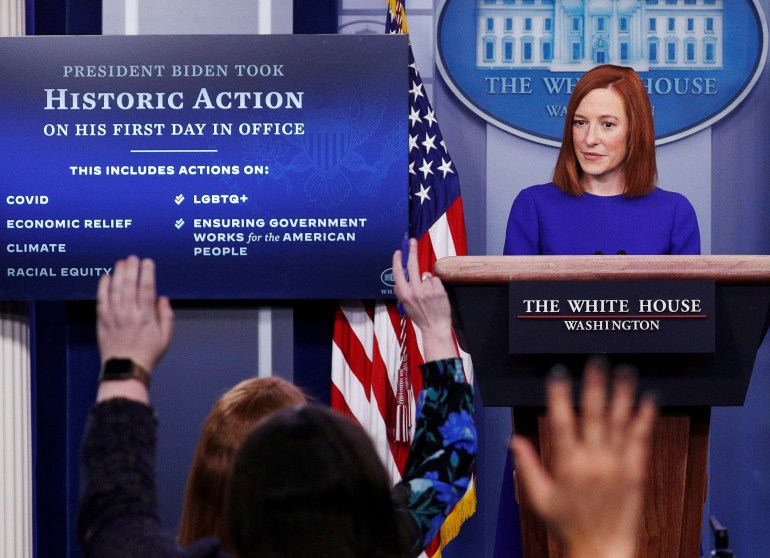
Avril Haines: Director of National Intelligence
The Senate overwhelmingly approved Haines’ nomination on January 21 for the nation’s top intelligence job. She is the first woman to head the national intelligence office. Previously, she served as deputy national security adviser and deputy director of the CIA under the Obama administration.
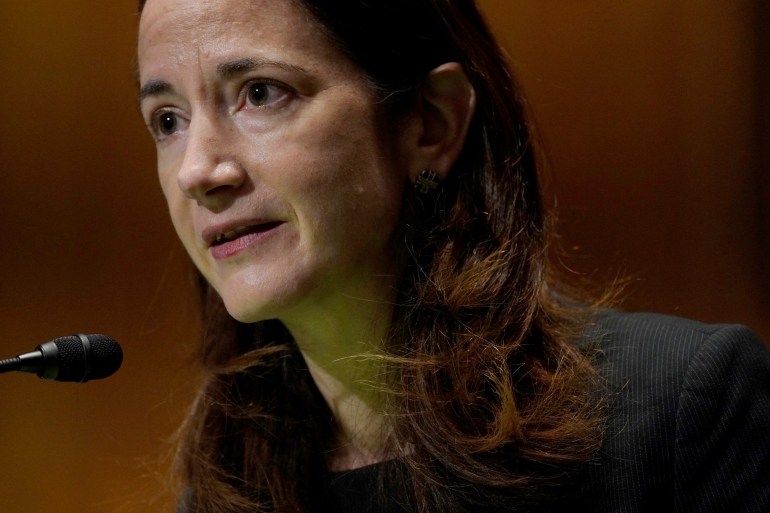
Merrick Garland: Attorney General
Garland has been serving as a federal appeals court judge since 1997. In 2016, he was nominated for the US Supreme Court by Obama, but Senate Majority Leader Mitch McConnell refused to consider his nomination, arguing it was too close to a presidential election.
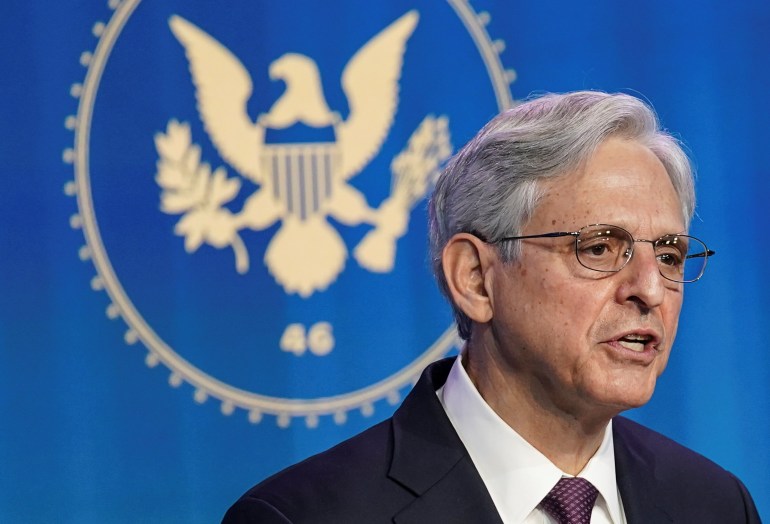
Linda Thomas-Greenfield: Ambassador to the United Nations
Thomas-Greenfield, a veteran in the foreign service, she served as assistant secretary of state for Africa under the Obama administration.
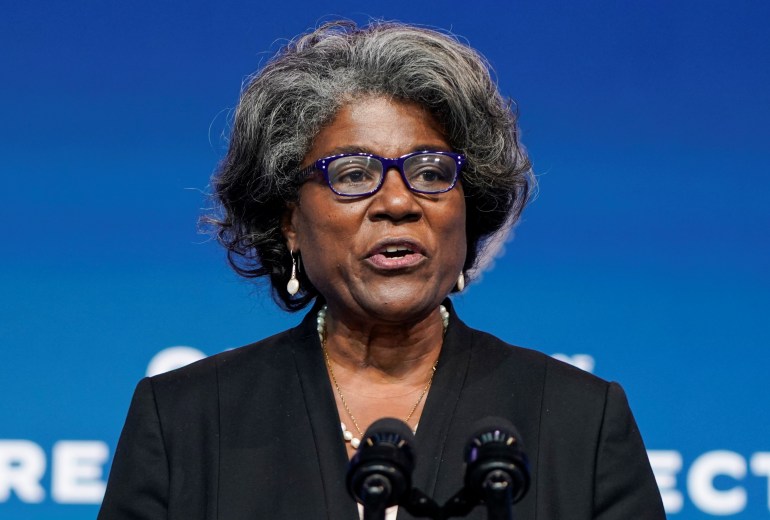
In other significant Cabinet positions, Biden has nominated Gina Raimondo to be secretary of commerce; Deb Haaland for secretary of the interior; Marcia Fudge as secretary of housing and urban development; Miguel Cardona for secretary of education; Pete Buttigieg for secretary of transportation; Marty Walsh for secretary of labor; Jennifer Granholm for secretary of energy; and Denis McDonough for secretary of veterans affairs.